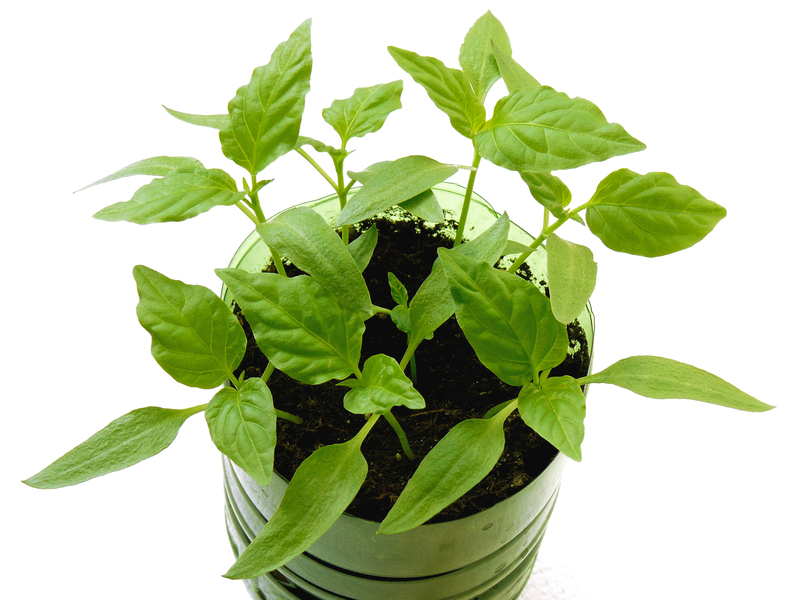Green waste, also known as organic waste, contributes significantly to landfills, environmental degradation, and greenhouse gas emissions. Whether it's leftover food, garden debris, or organic industrial waste, the accumulation leads to extensive environmental impacts. Prioritizing solutions for reducing green waste has become essential. Let's explore some innovative strategies for managing and minimizing organic waste.
Understanding Green Waste
Before delving into solutions, it's important to understand what constitutes green waste. Green waste primarily includes:
- Food scraps
- Yard clippings
- Garden refuse
- Timber and wood chips
These materials can be composted naturally but often end up in landfills, releasing harmful methane gases as they decompose anaerobically.

Why Focus on Reducing Green Waste?
Reducing green waste is not just about decreasing landfill sizes; it's about sustainable living and preserving natural resources. Effective management can lead to soil enhancement, reduced greenhouse emissions, and a shift towards a more eco-friendly lifestyle. Here are some compelling reasons why reducing green waste is crucial:
- Environmental Protection: Keeps toxic substances from leaching into the environment.
- Resource Recovery: Nutrients in organic waste can be recycled for agricultural use.
- Climate Change Mitigation: Reduces methane emissions from landfills.
Innovative Solutions for Green Waste Management
Composting Initiatives
Composting is a traditional yet remarkably effective method for reducing green waste. With modern enhancements, it has become even more efficient and scalable.
Community Composting Programs
One of the most impactful methods is community composting programs that involve local residents:
- Establish neighborhood composting hubs for convenient waste drop-off.
- Offer incentives to encourage participation, such as discounts on local produce.
- Provide educational workshops on composting techniques.
Advanced Composting Technologies
The integration of technology into composting has led to automated composters that can process large volumes of waste efficiently with minimal manual intervention. These systems can be deployed in urban areas to manage city-wide organic waste.
Biogas Production
Biogas technology converts organic waste into energy, offering a dual benefit of waste reduction and renewable energy generation:
- Small-scale biogas plants for individual or community use.
- Large-scale plants designed to accommodate municipal organic waste.
- Conversion of agricultural waste into usable biogas for energy production.
By converting green waste into biogas, communities can experience reduced reliance on fossil fuels, cutting down on overall carbon footprint.
Insect-Farming Solutions
Insects are emerging as an innovative solution for organic waste management. Black soldier flies, for example, can convert organic waste into valuable protein:
- Black Soldier Fly (BSF) larvae consume organic waste efficiently.
- Larvae are harvested as animal protein feed for livestock or fish.
- Reduces waste by up to 75%, producing a residual biomass that can be used as a soil amendment.
Advanced Waste Segregation
Integrating advanced AI and robotic segregation systems can revolutionize how green waste is processed. These systems can:
- Sort waste more accurately, reducing contamination in composting processes.
- Optimize waste processing resulting in higher recovery rates.
- Enhance the efficiency of recycling plants utilizing machine learning algorithms.
Role of Policy and Legislation
Governments play a critical role in managing green waste by enforcing regulations that encourage sustainable practices:
- Implementation of organic waste bans in landfills: Compels businesses and households to divert organic waste to composting and other useful channels.
- Establishment of incentives for organic waste recycling businesses.
- Enforcement of waste auditing requirements for businesses and institutions.

Consumer Behavior and Education
While industrial and technological innovations are pivotal, the role of education and shifted consumer behavior cannot be understated:
- Promote sustainable shopping habits, like buying only what is necessary to reduce food waste.
- Encourage **kitchen composting workshops** for home waste management.
- Incorporate waste reduction education in school curricula to instill good practices from a young age.
Conclusion
Reducing green waste calls for an all-encompassing approach combining technology, community involvement, educational initiatives, and policy enhancements. Innovative solutions are readily available and, when implemented effectively, can create a significant positive impact on our environment. By investing in these strategies, society not only addresses the ever-growing waste management issues but also contributes to a more sustainable world.
Let's all do our part in reducing green waste for a more sustainable future.